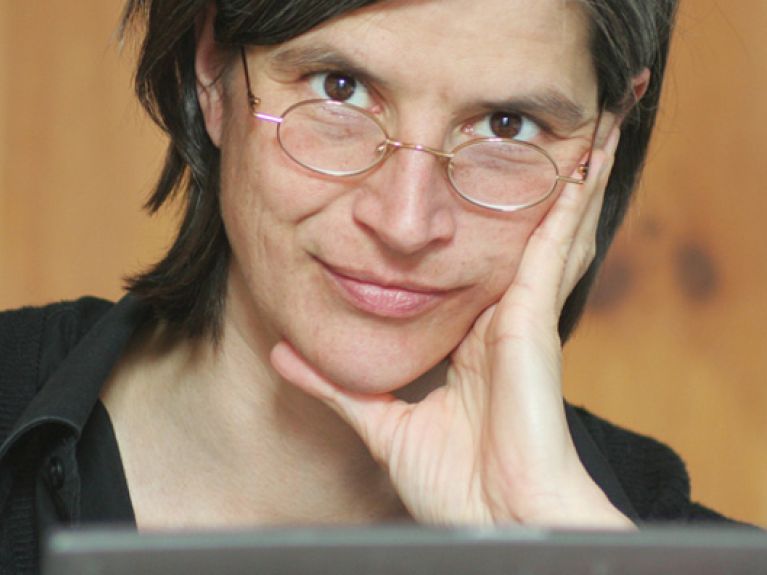Civil society dialogue in times of crisis
What are the perspectives of inter-societal cooperation with the Ukraine and the Russian Federation? An interview.

One year after Maidan, the Federal Foreign Office is seeking “Perspectives of inter-societal cooperation with the Ukraine and Russia” at a conference with German Non-Governmental Organisations (NGOs). They include the non-profit organisation European Exchange, which was founded in Berlin and for the past ten years has been organising the Kiev Dialogue as the most important exchange forum for German-Ukrainian civil society. An interview with Executive Director Stefanie Schiffer.
Ms Schiffer, how have the upheavals in the Ukraine and the crisis in the east of the country affected cooperation with Ukrainian NGOs?
Cooperation has become much more intense. The change in the regime provided strong impulses to civil society. In my contacts with colleagues in the Ukraine I notice a very serious attitude and a high level of commitment.
What has changed in real terms?
The NGOs in Kiev have realised that they need to increase their work in the Ukrainian regions – not just in East Ukraine, but in the whole country. One of the NGO’s previous weaknesses in Ukrainian civil society lay in their strong concentration on the capital.
How is this affecting international cooperation?
There is now a great willingness to increase international contacts in the regions as well. We have started new cooperation initiatives and set up offices in five cities together with local organisations. Our Kiev Dialogues have always taken place as two-day conferences in Kiev and Berlin alternately. But we noticed that this wasn’t enough and in 2012, in response to the Yanukovych regime, we decided that we needed to become more active throughout the country.
How is the Federal Government supporting this NGO work?
Our work in the regions is being funded by the special Federal Foreign Office programme. This means that other organisations can also work more in the regions.
In view of the crisis, which possibilities do you see for trilateral cooperation between Germany, the Ukraine and the Russian Federation?
I see great opportunities. We need to make sure that we help the partners in Russia as well. This is another key to solving the so-called Ukrainian crisis.
German Non-Governmental Organisations conference “One year after Maidan – Perspectives of inter-societal cooperation with the Ukraine and Russia” on 6 February 2015 at the Federal Foreign Office in Berlin
© www.deutschland.de

